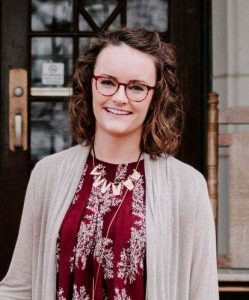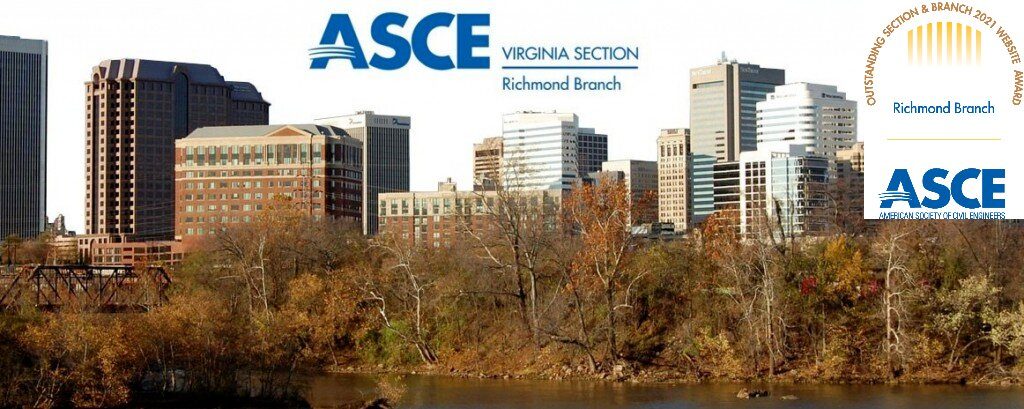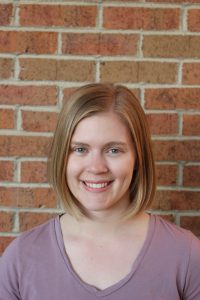Presentation Topic: Local students research presentations
What: With the pandemic continuing to make it difficult for students to travel and attend conferences to present their research, ASCE’s Richmond branch is providing students with an opportunity to present their research to their peers and civil engineering professionals within the state.
Presenters: Students from Virginia colleges.
Meredith Martinez
 Speaker Bio: Meredith is a Ph.D. candidate at Virginia Tech. She received her BS in Civil Engineering from NC State University in 2017. Her current work with Hampton Roads Sanitation District in the Tidewater area of Virginia focuses on the impact of large-scale aquifer recharge on a multi-aquifer system. She is interested in groundwater dynamics and transport and the use of innovative technologies to make our water resources sustainable.
Speaker Bio: Meredith is a Ph.D. candidate at Virginia Tech. She received her BS in Civil Engineering from NC State University in 2017. Her current work with Hampton Roads Sanitation District in the Tidewater area of Virginia focuses on the impact of large-scale aquifer recharge on a multi-aquifer system. She is interested in groundwater dynamics and transport and the use of innovative technologies to make our water resources sustainable.
Presentation Topic: Methods for Aquifer Characterization of a Multi-Aquifer System During Managed Aquifer Recharge
Abstract: Hampton Roads Sanitation District initiated the Sustainable Water Recharge for Tomorrow (SWIFT) program to address multiple water quality and supply challenges in the Tidewater area of Virginia. SWIFT involves treating wastewater effluent from HRSD’s water resource facilities (WRFs) to drinking water standards and then recharging it to the Potomac Aquifer System (PAS) through injection wells. Multiple methods have been employed at the SWIFT Research Center at Nansemond Treatment Plant, a 1 MGD demonstration facility, to understand how flow moves through the PAS, including tracers, a borehole flowmeter, and water level analyses. This presentation will give an overview of the project, discuss how the methods have been used for aquifer characterization at the SWIFT Research Center, and share lessons learned along the way that will be used to scale up the project to ~100 MGD.
Kaleigh Yost
Speaker Bio: Kaleigh received her bachelor’s degree in civil engineering from the University of Notre Dame in 2015. She received her master’s degree in geotechnical engineering from the University of Texas at Austin in 2017 where she completed a thesis on false positive liquefaction case histories in Christchurch, New Zealand. After graduation, Kaleigh joined Langan Engineering’s Arlington, Virginia office as a staff engineer where she provided field and design support for mid-Atlantic and international projects. Kaleigh is currently in the third year of pursuing her PhD at Virginia Tech. Her research focuses on improving models for predicting the occurrence and consequences of soil liquefaction during earthquakes in complicated soil profiles.
Presentation Topic: Characterizing Complicated Soil Profiles: Numerical Modeling of CPT in Highly Interlayered Soils
Abstract: Cone penetration testing (CPT) is often considered a “state-of-the-art” in-situ geotechnical testing method, and the data collected from CPTs are widely used as an indicator of soil stiffness and strength. However, limitations of the CPT, especially in highly interlayered or “complicated” soil profiles can prevent the accurate characterization of these profiles and negatively impact the accuracy of subsequent geotechnical analyses performed using this data. This has particularly significant implications for soil liquefaction analyses. In this presentation, limitations of the CPT are discussed and a numerical model of cone penetration is presented. Trends in CPT data collected in complicated soil profiles are highlighted. It is shown that numerical modeling of CPTs can aid in the development of correction procedures for CPT data collected in highly interlayered soil profiles, ultimately improving geotechnical analyses performed using this data.
Where/When: This event will be held January 28th at 11:30 via zoom. You will receive a link after registering.
Registration: Registration for this event is now closed.

